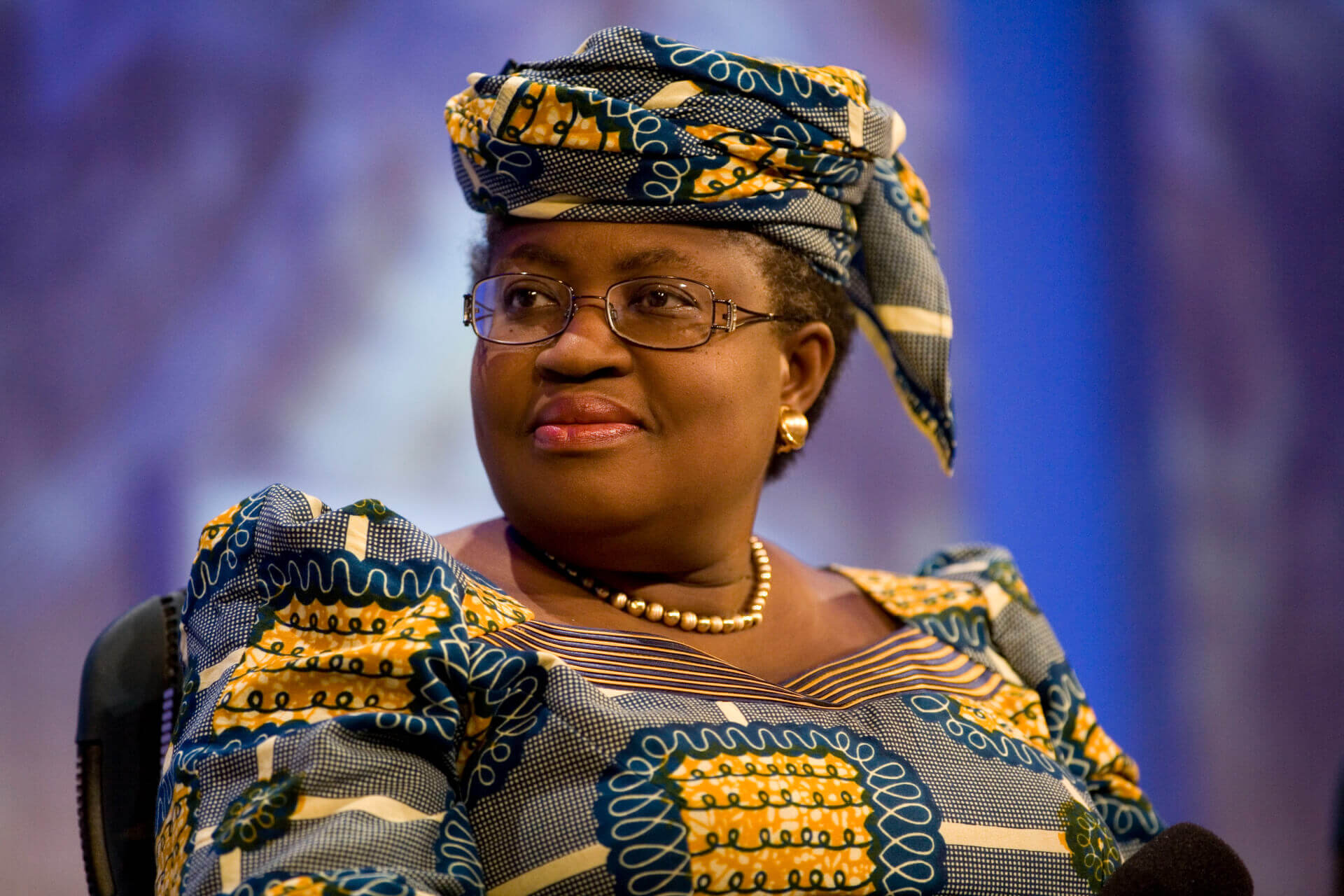The World Trade Organization (WTO) was all set to appoint Nigerian candidate Ngozi Okonjo-Iweala to the post of Director-General (DG) when the United States (US) rejected what appeared to be a consensus decision. Consequently, the General Counsel has now postponed the announcement of a new DG until after the US Presidential election.
Okonjo-Iweala gathered 104 out of 164 votes and gained the support of European Union (EU) member states, the African Union (AU) and the Economic Community of West African States (ECOWAS). It was thought that she had resoundingly defeated South Korean candidate Yoo Myung-hee.
Following meetings among EU member states last week, the co-chairs of the European Parliament’s Steering Group on the Parliamentary Conference on the WTO, Sven Simon and Bernd Lange, wrote to European Commission Vice President Antonio Tajani, urging him to formally endorse Okonjo-Iweala. They contended that the Nigerian candidate had a “deep understanding of the fault lines dividing the WTO membership” and could be entrusted to be a “fair broker” who could “reinforce the multilateral order”.
They went on to write: “The priorities she set out for her first steps after being appointed to the position reveal a clear-eyed agenda, tackling head-on key topics such as special and differential treatment, industrial subsidies and dispute settlement reform, while recognizing the need for positive momentum through the conclusion of agreements on issues such as fisheries, e-commerce and health.”
Likewise, on October 15, the AU also formally endorsed Onkongo-Iweala, while ECOWAS and the African Development Bank (ADB) have both pledged their support to the Nigerian candidate as well.
The US State Department, however, directed its diplomats to push for the appointment of South Korean candidate Yoo. In fact, the State Department put out a cable to US diplomats in various countries to “gauge where their host governments stood on the race for WTO chief, and that if they didn’t have a commitment or a decision, to gently nudge them to back Yoo rather than Okonjo-Iweala”. This directive was only made to diplomats in countries that had not yet declared a ‘preferred candidate’. It appears that this has now stalled the process of the appointment of the next DG.
Okonjo-Iweala is a former finance and foreign minister in the African nation, and is celebrated for having reduced Nigeria’s debt burden by billions of dollars during her tenure. Aside from serving as foreign minister twice—from 2003 to 2006 under President Olusegun Obasanjo and from 2011 to 2015 under Goodluck Jonathan—she has also been a development economist and a managing director at the World Bank.
The former Nigerian finance and foreign minister has outlined her goal of raising Africa’s share of world trade from the current level of 3%, and also of working towards the relaxation of coronavirus-induced export restrictions. She hopes that any such restrictions are “temporary, transparent and proportionate so we make sure they do not harm other members”.
Meanwhile, Yoo is South Korea’s trade minister, and is known for renegotiating a trade deal with the US and for presiding over trade agreements with Singapore and the Association of Southeast Asian Nations (ASEAN).
Both candidates are bidding to replace outgoing chief Robert Azevêdo, who unexpectedly resigned in May, and will step down from his post on August 31. While the organization did tally votes to determine whether there is a consensus, there is no formal election procedure; an official vote is only prescribed as a last resort and has never been necessary. In this scenario, the US can block the appointment of Okonjo-Iweala even though she appears to enjoy the support of a majority of members by attempting to sway the preferences of members who may be on the fence.
US Blocks Appointment of Okonjo-Iweala as New WTO Director-General
The US State Department has directed its diplomats to push for the appointment of South Korean candidate Yoo Myung-hee.
October 29, 2020

IMAGE SOURCE: RAMIN TALAIE / EPANgozi Okonjo-Iweala
